|
Inventor James Dyson confirmed on Tuesday that his company, best known for its vacuums, is building an electric car. BLOOMBERG — While Dyson is entering an increasingly crowded market -- contested by automotive giants and upstarts alike – the company’s project has been almost 30 years in the making, the billionaire wrote in an email to employees. Early efforts concentrated on making a so-called cyclonic filter that could be fitted onto a vehicle’s exhaust system to trap diesel fumes. James Dyson’s cyclonic filter sketches In 1993, he appeared on popular British kids television show Blue Peter to show off the early prototype, which you can watch here: https://vimeo.com/235315905 While that made good TV, the idea failed to generate interest from potential customers and was scrapped. So Dyson went back to what he does best -- manipulating air. The Dyson vacuum grew to dominate the high end of the British “hoover” market. The company then came out with AirBlade hand-dryers in 2006 and the Air Multiplier bladeless electric fan in 2009, which evolved into a range of air purifiers, humidifiers and heaters. Revenue soared from 214 million pounds in 2000 to 2.5 billion pounds ($3.4 billion) last year. James Dyson with a bladeless Air Multiplier By 2015, the first hints of Dyson’s renewed interest in the automotive space emerged. It spent $90 million acquiring Sakti3, a Michigan-based designer of solid-state batteries. The startup said it had found a way produce batteries with twice the energy storage potential of standard lithium-ion models, at a half to a third of the cost. Some researchers disputed those claims and Dyson recently abandoned an agreement to license some of Sakti3’s patents from the University of Michigan, which had spun out the startup. But Dyson still has two teams working on this new battery technology. “Some years ago, observing that automotive firms were not changing their spots, I committed the company to develop new battery technologies,” Dyson wrote in the email to employees. “I believed that electrically powered vehicles would solve the vehicle pollution problem.” The shift to electric cars has opened the automotive industry up to new entrants. A traditional car has about 30,000 components, compared with just 11,000 for electric vehicles, Goldman Sachs analysts estimate. That’s lowered the barriers to entry, with battery expertise becoming a new and important differentiator. In 2016, Dyson pledged to spend 1 billion pounds on battery development over five years, and government filings alluding to his electric car plans emerged. Meanwhile, the company quietly hired a slew of automotive executives. It brought on board former Tesla Inc. communications chief Ricardo Reyes, as well as product development and supply chain experts from Aston Martin. The future site of Dyson’s Hullavington campus. In March, Dyson revealed plans to build a new research and development facility at a former Royal Air Force base about five miles from its headquarters in Malmesbury, England. The new site will be the epicenter of the electric car efforts, he said Tuesday. “The team is already over 400 strong, and we are recruiting aggressively. I’m committed to investing £2bn on this endeavour.” James Dyson in email to employees. “Dyson has begun work on a battery electric vehicle, due to be launched by 2020.” Plans for the Hullavington campus.
But just because Dyson has been thinking about electric cars for decades doesn't assure his company will succeed against automotive giants from Toyota to Volkswagen and upstarts like Tesla. Dyson's bet on electric cars is risky. The 2 billion pounds Dyson plans to spend on his car and the related solid-state battery project represents four-fifths of the company's current annual revenues. And yet it’s less than Tesla's capital expenditure in the past 12 months. To scale up production, Dyson may have to take on debt -- or consider going public (something Dyson has sworn he'll never do.) And Dyson is hardly the only company working on solid state batteries. Toyota has said it believes it will have such batteries in its electric vehicles in the next decade and Tesla is also believed to be working on them.
0 Comments
So what’s next? GREENTECH MEDIA — Last Wednesday, Hurricane Maria passed over Puerto Rico, bringing 140-mile-per-hour winds, pelting rain and extreme flooding. After the storm moved on, Puerto Rico was left with "apocalyptic devastation" and absolutely no power. The island’s utility -- already bankrupt before the storm -- says it will be months before electricity is fully restored. The dire circumstances in Puerto Rico echo similar troubles now enveloping the Caribbean, where hundreds of thousands have been left with no electricity as Hurricanes Irma, Maria, and to some extent, Harvey, pummeled grids this past month, leaving entire islands without electricity. In the wake of the storm, renewable energy advocates have called for investment in distributed grids to avoid the same situation in the future. "The tragedy of Hurricane Irma can be a catalyst for government and utility leaders and people of affected countries...to transform destruction into opportunity -- an opportunity to build back better and cleaner through sustainable, resilient power and transportation systems," wrote analysts at the Rocky Mountain Institute. Indeed, the opportunity for standalone solar and storage -- or hybrid liquefied natural gas (LNG) and diesel systems paired with PV and storage -- is getting more economically attractive. According to a new analysis of island markets from GTM Research and Wood Mackenzie, hybrid systems are already beating the cost of diesel, and nearing the cost of LNG. Although many Caribbean islands are investing in renewables and experimenting with different kinds of microgrids, most still rely on imported fossil fuels. And it’s as yet unclear whether a distributed grid structure in Puerto Rico would have fared any better during such a drastic storm.
The storms did underscore, though, that climate change will impact these island countries disproportionately -- and power grids will be under increasing threat, whatever the energy mix. “Unfortunately, we had to wait for Irma and Maria to let the world understand what we’ve been saying to them for a long time -- that we are very vulnerable. We are exposed to the ravages of climate change,” said Dominica Prime Minister Roosevelt Skerrit, speaking to last week's U.N. Summit. “We need access to resources to build more resilient societies and countries. We have been playing our part, but the extent of the resources required to put in the mitigation systems is beyond us.” A new concept is sweeping the internet that will fundamentally improve the trust, speed and accuracy of all digital transactions within a few short years.
BAKER ELECTRIC SOLAR — It is based on leveraging communities of computers all working together, using the power of group consensus to make decisions without a central authority. Blockchain will change how the energy industry operates and Baker intends on being a leader in this exciting new technology. So what is blockchain technology anyway? Blockchain has been revealed to the world recently as the technology behind Bitcoin. The financial world is buzzing with talk of Bitcoin. How are people becoming Bitcoin millionaires? Should you invest? Is there a bubble? How will it be regulated? And on. But what they fail to recognize is blockchain technology itself is the bigger story. Blockchain allows billions of dollars a day to move in and out of Bitcoin without the need for direct human intervention or a master record keeper. Blockchain is a way of maintaining the integrity of information by distributing it among a network of hundreds or thousands of computers. There is truth in numbers. For example, a thousand people collectively telling the same story is more trustworthy than an individual. Or think of it like this, you are running a business where it is critical that financial accounting is accurate down to the penny. You could hire one accountant and trust their work to be error-free. Or you could increase the probability of accuracy by hiring two accountants to work independently and compare their results. Hiring a third accountant would almost guarantee accuracy. How about hiring thousands? That’s blockchain. The blockchain can keep accurate records of anything digital or digital representations of things in the physical world. Perhaps most disruptive, however, is the blockchain can hold executable instructions – or ‘smart contracts’. Smart contracts eliminate the need for third-parties or middle-men to execute the terms of a contract. You might want to look away for this next example if you are a lawyer: Two driverless electric taxis get in an accident. The data logs from both cars are instantaneously uploaded to a community of computers whose job it is to determine fault and cost of repairs. They collectively agree Car #1 is at fault due to a sensor malfunction. A smart contract executes in which funds from Car #1’s insurance company transfer to Car #2’s bank account. The entire process takes less than a second.\ There has been no sudden advancement in technology that has led to the upcoming blockchain revolution. The barriers have been purely psychological. The concept of computers having the final say in moving valuable things in and out of your possession is a bit terrifying. But consider this - every bill you have set to autopay each month is technically a smart contract. Much of your retirement portfolio is traded not by humans, but computers running algorithms. Blockchain simply spreads the decision making process across multiple computers for improved trust, accuracy and speed. How exactly will this change the energy industry? From the consumer’s standpoint, it won’t appear to change much at all. You won’t wake up anytime soon to paying your electricity bill in Bitcoin. The changes will all be behind the scenes. The energy industry operates on layer upon layer of contracts. An electron generated at some faraway solar farm might change ownership several times before reaching your fancy new smarthome dimmer switch. It might be stored, borrowed, lost or stolen along the way as well. All of these scenarios require a complex maze of contracts. All of these contracts will be executed quickly and accurately using blockchain. This will translate into massive cost savings for all parties involved. Except for the consumer, of course, who will always get charged as much as their utility can legally get away with. The concept of Bitcoin or any other cryptocurrency coin will play almost no role in the energy industry blockchain. There will not be some sort of energy Bitcoin the various players will be trading back and forth. Blockchain technology does not require a cryptocurrency coin, it is happy to trade in any currency or asset you tell it to. You will hear about various energy coin offerings over the next few years, but this is nothing more than fundraising. A company developing blockchain technology can invent their own cryptocurrency coin and sell it the way another company would sell shares. For example, the company might invent 1 million Acme Energy Coins out of thin air and sell them in an Initial Coin Offering (ICO) event to raise a few hundred thousand dollars. If they need more money, they can invent another million coins and sell them too. The people buying the coins may have no idea there is no connection between these coins and the blockchain technology the company is developing. These companies are not trying to be deceptive, this is fundraising 2.0 in the new digital world. It does, however, leave some unanswered questions about the value of the coins after they are no longer needed for fundraising purposes. The intensity of blockchain hype will increase over the next couple years, then quickly die down as people become accustomed to it. It will be the technology behind everything from voting to holding the life savings of a farmer in Africa. For now just enjoy watching it unfold. Watch as industry after industry adopts blockchain. Watch as others resist because it removes their ability to cheat and manipulate. Overall, the world will be a better place with the adoption of blockchain. Baker Electric Solar is watching blockchain technology closely to find ways it will improve the lives of its customers. It is not outside the realm of possibility that someday Baker’s thousands and thousands of solar customers across Southern California form an aggregation of clean power producers. This massive collection of generation would exceed the size of many utility-scale power plants and allow Baker’s customers to leverage financial returns beyond Net Metering. Blockchain technology and smart contracts could be used to automate the entire process. Can you imagine a day when your solar system not only powers your house, but is part of a larger system that changes California’s renewable energy future? We can. Climate change is a central issue at this year’s United Nations General Assembly (UNGA), with multiple high-level meetings on the issue happening amid several devastating natural disasters.
TIME — Hurricane Irma recently swept through the Caribbean and into Florida, only to be quickly followed by Hurricane Maria. “Climate change casts a long shadow over the development efforts of our country,” said Darren Henfield, the minster of foreign affairs of the Bahamas, during a UNGA meeting on Hurricane Irma. “The implications of rising sea levels and atmospheric temperatures signal dire consequences for low-lying island states like the Bahamas.” Henfield said that the costs of rebuilding after Irma will be “exorbitant, in the tens of millions,” and he estimates similar damage related to Hurricane Maria. The impact of climate change on global health is also becoming increasingly clear. At the end of last week, the United Nations released a report showing that global hunger is on the rise; 38 million more people were affected in 2016 than in 2015. Climate change and the spread of violent conflicts are responsible, the report says. Other research has linked climate change to increased respiratory problems, poor nutrition, the spread of infectious disease and even anxiety. Leaders at the UN say that while more countries are explicitly calling out these risks to health now than in the past, there’s still more work to do. “I think it’s clear quite a few countries, particularly in the developing world where air pollution is high, see that there is an opportunity to reduce climate change and improve health,” said Nick Nuttall, spokesperson for the United Nations Framework Convention on Climate Change (UNFCCC) during an interview Wednesday. “But the issue still has a ways to go.” The recent tragic weather events have provided an opening for those conversations. “These hurricane or flooding events have huge implications for water quality,” says Nuttall, citing the risk for things like sewage and other chemicals to get into floodwater and spread. The risk for mosquito-borne diseases ranging from dengue fever to Zika can increase as floods recede, leaving breeding grounds for mosquitoes and other insects. “Major health benefits come from acting on climate change, both direct and indirect,” says Nuttall. Preventing deforestation limits flooding, which cuts back on the number of pests like mosquitoes that can accumulate and spread diseases, he says. The issue affects the oceans, as well. “If we lose our coral reefs, we lose revenue for countries, but also fish, which is an important source of protein,” says Nuttall. Climate change has been a popular subject at this year’s UNGA, and many leaders have publicly reaffirmed their commitment to tackling the problem. But the U.S.'s position on the issue has changed from last year. In June, President Donald Trump withdrew the United States from the Paris Agreement on climate change. Other U.S. leaders, including California governor Jerry Brown and former vice president Al Gore, took part in UNGA meetings about climate change and assured attendees that other leaders are still addressing the issue. “We are a country of diverse power centers, and mobilizing those power centers that are not controlled by the President is still a very worthwhile goal and very powerful," said Brown during a high-level stakeholder meeting on climate change on Monday. "Mayors, governors, presidents and CEOs of companies: they have real power." “It would be great if the President would join in the movement," Brown said, but "he's not there yet. He believes this whole thing we're talking about, all the scientists publishing thousands of papers, is all a hoax.” There are signs that UN leaders are open to engaging with other leaders beyond the U.S. federal government. “The decision [by the U.S.] to withdraw was disappointing for many, including people in the United States,” says Nuttall. “But so many people are moving on this.” “Now, time is the constraining factor,” he adds. “We need to move very, very fast.” |
James Ramos,BPII'm your go to solar energy expert here to guide you step-by-step through all of your solar options. Categories |
James The Solar Energy Expert
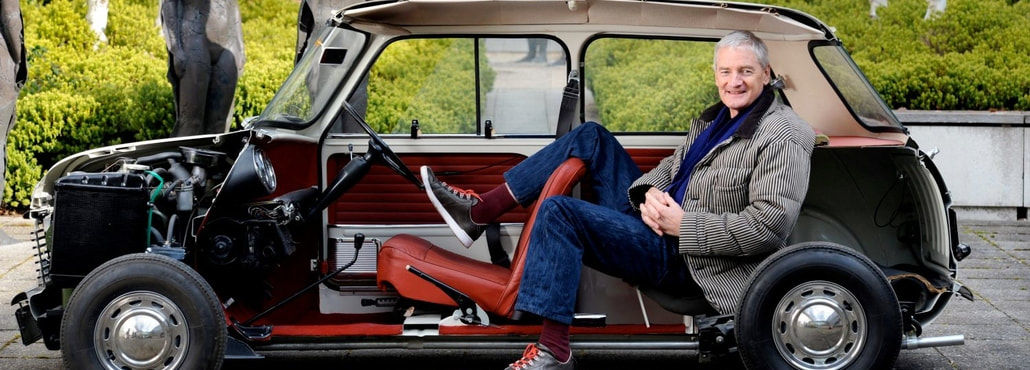
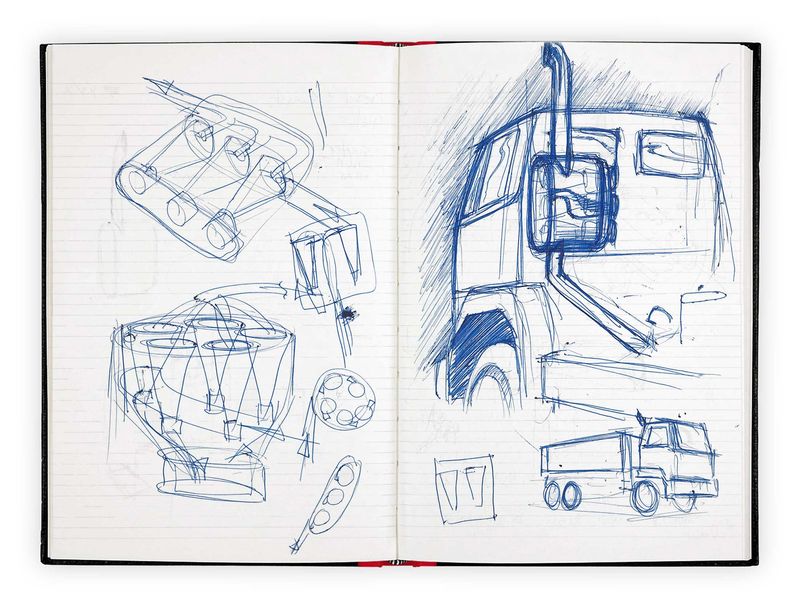
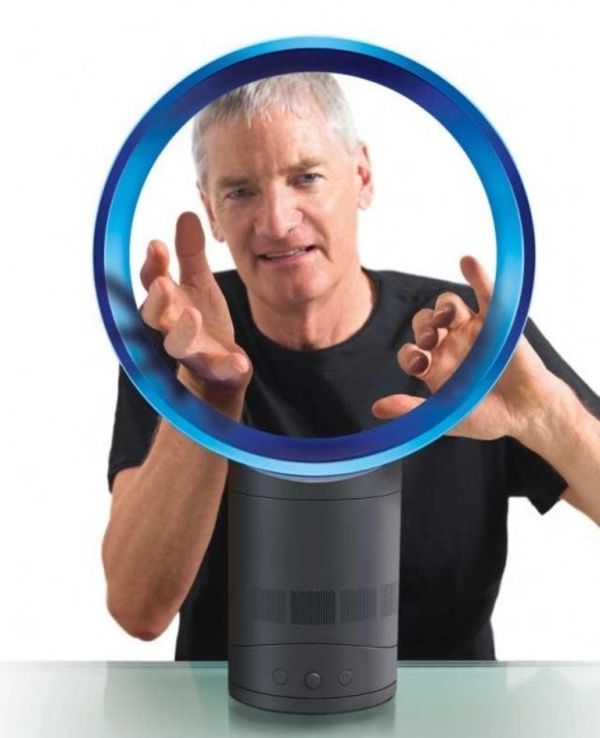



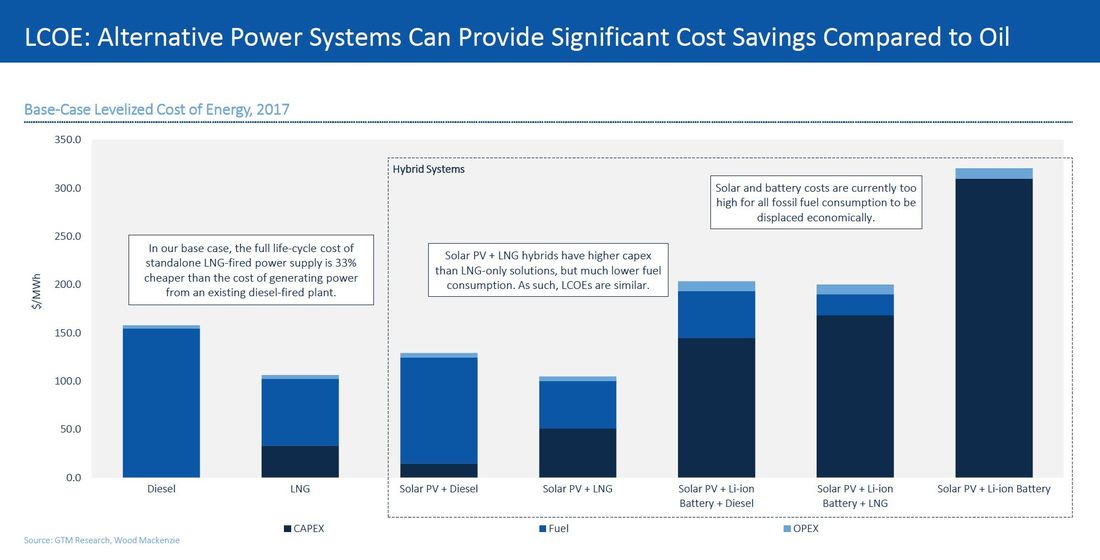
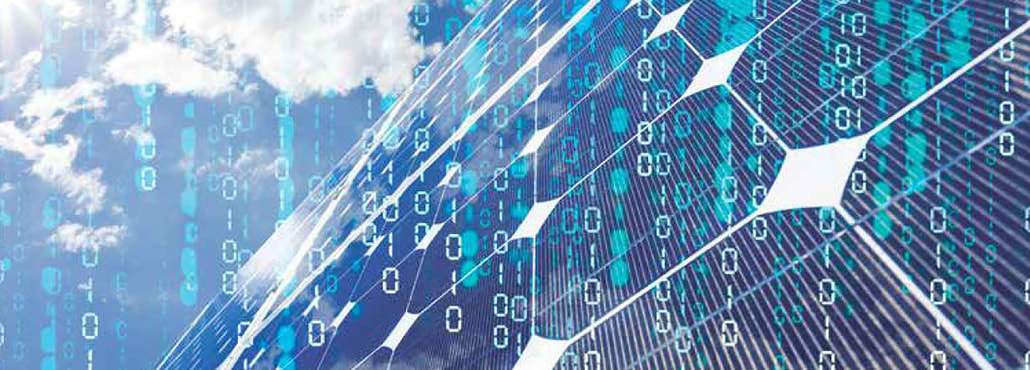
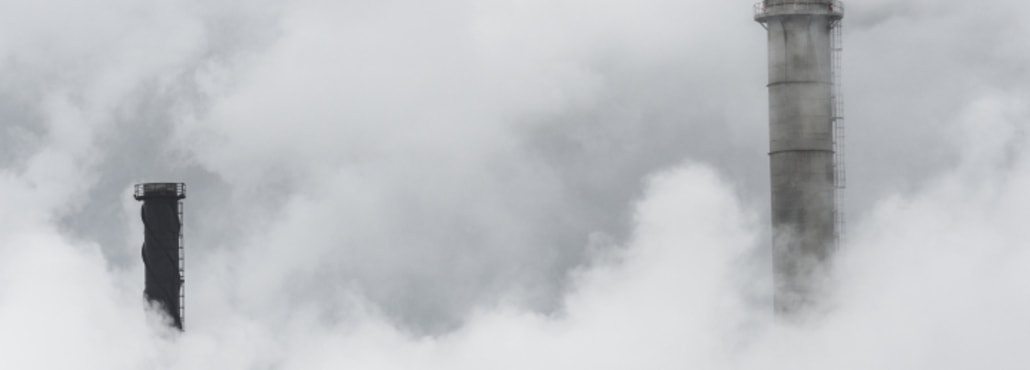
 RSS Feed
RSS Feed
